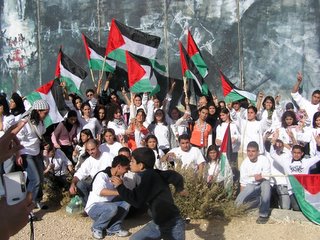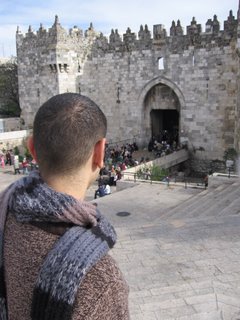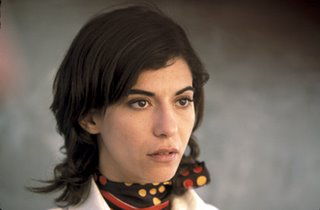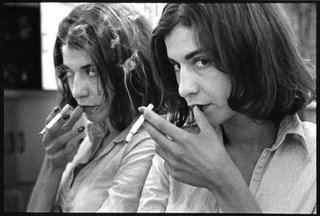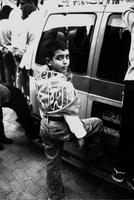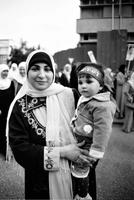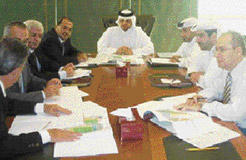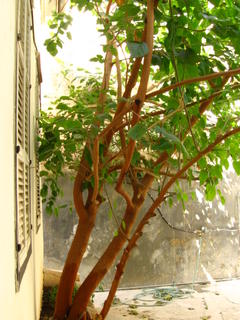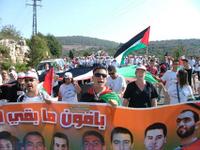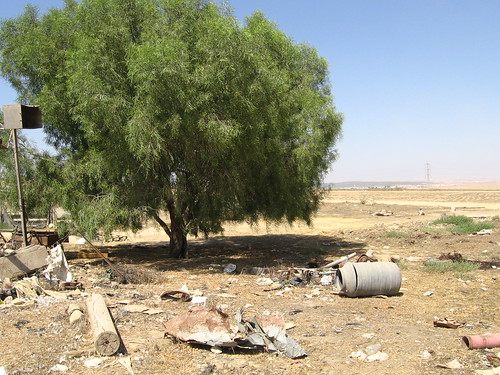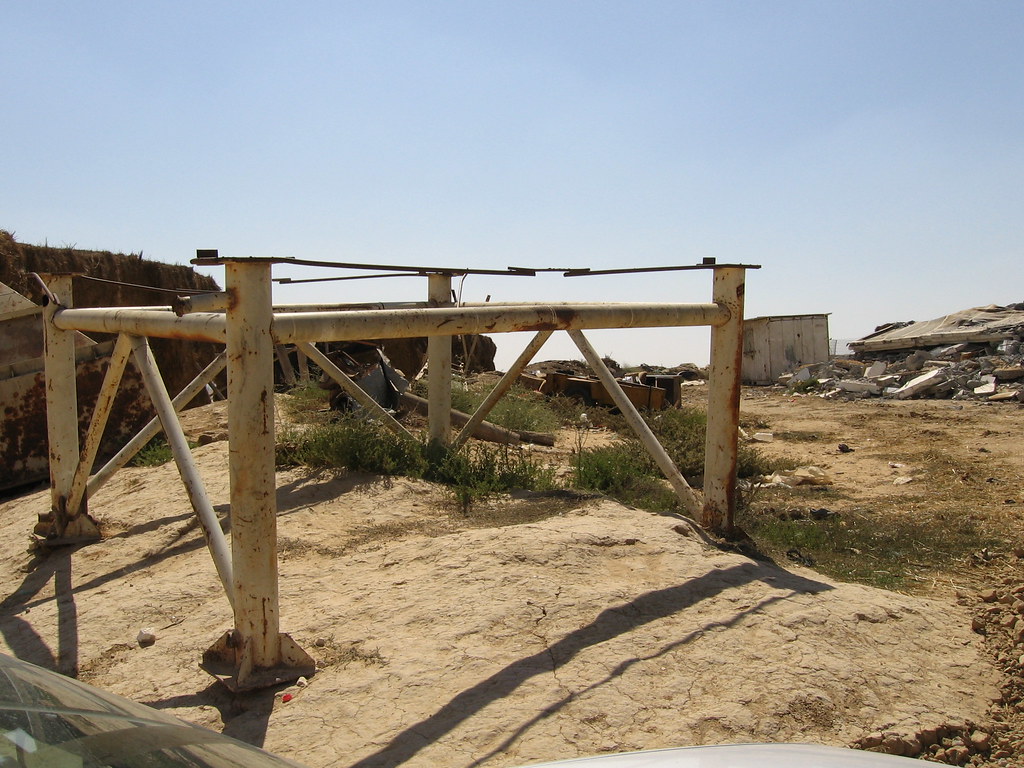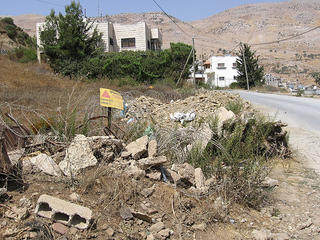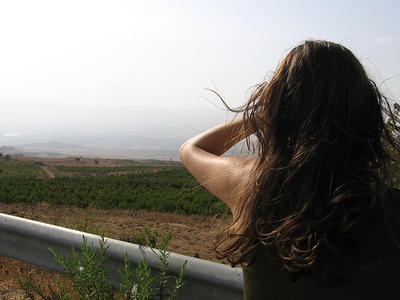مشكلة عرب اسرائيل وثماره – كابوس، فتعداد العربي في إسرائيل قد تخطى المليون وهو ينمو بسرعة
انظر إليهم – تسودّ الدنيا في عينيك! سأقولها من دون أجرح اليهود: العرب في الليل يحرثون ليعظموا جنسهم
ما هذا – خسوف ضوء القمر، نفحة ملاك الموت، علامة الشغب؟ فأنثى الأرنب، القطة، الجرادة لا تعرف مثل هذا الشَّبَق!"
· The problem of the Arab-Israelis and their produce – a nightmare; the number of Arabs in Israel is over 1 million and increasing.
· Look at them - Life blackens in front of your eyes! I will tell it without taking anything from the Jews – the Arabs are working hard at night in order to make great their race!
· What is this – is it a lunar eclipse, the breath of the angel of death, a signal of riot? Even the female rabbit, the cat, and the locust do not know such eroticism.
The above is a poem written by Gershon Ben-Ya'acov, and posted in the Russian-Israeli newspaper, Vesti (August 25, 2005). Needless to say, they're being sued for incitement of racism. And possibly also on aesthetic grounds.
